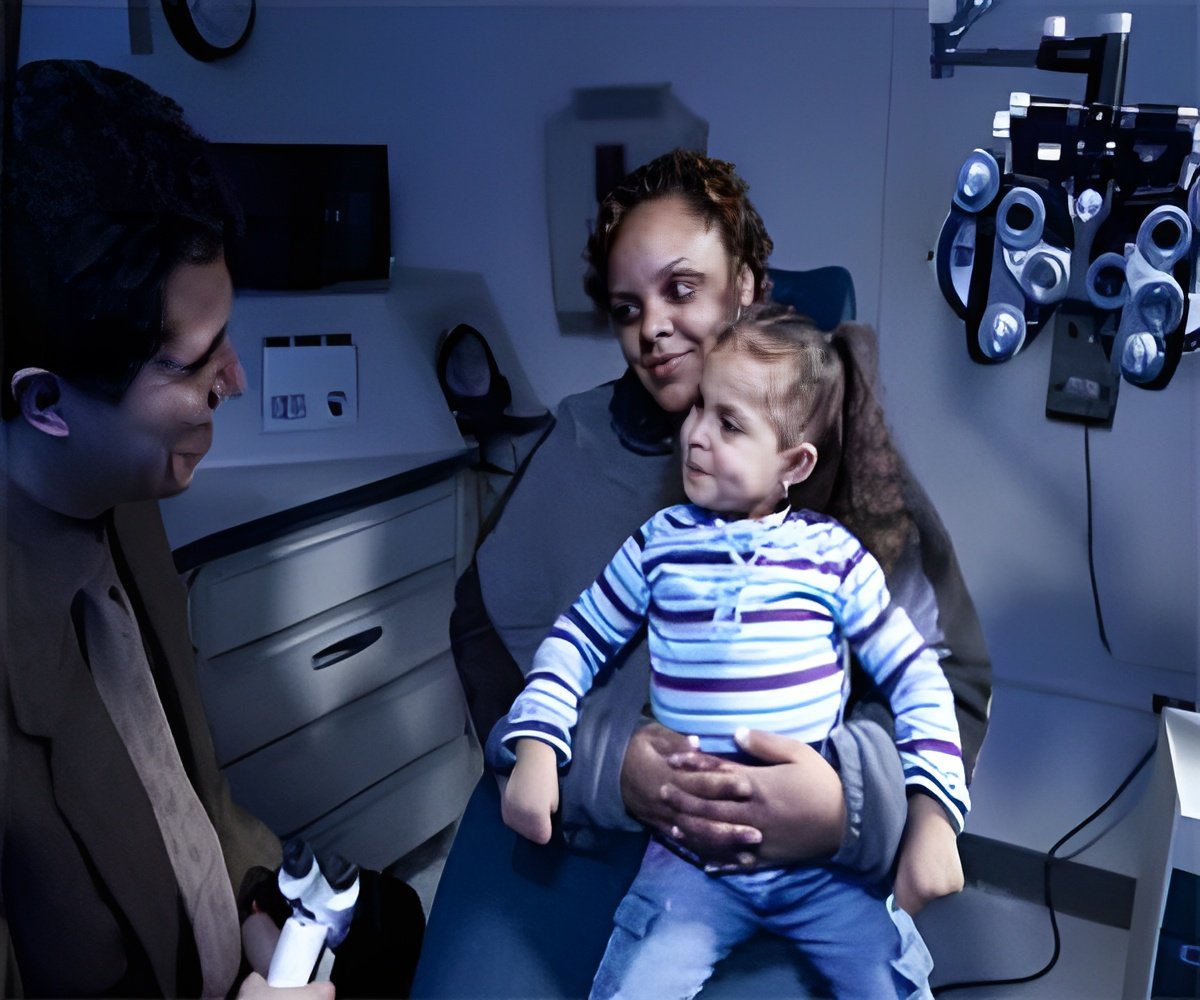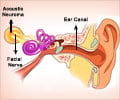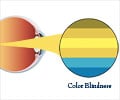Study to understand the visually impaired newborn’s responses to the audio and tactile stimuli helps develop tools to improve their understanding ability.

‘Exploring to understand the perceiving process and potential in the visually impaired babies helps develop useful tools for them.’





According to the study findings, the visually challenged young people are comparatively less efficient at integrating tactile and auditory stimuli. In addition, a better response is noticed in these infants towards touch sensing rather than auditory sensing. The personal world for these visually impaired children is more often developed with touch perceptions, and they perceive the outside world through auditory senses. However, visually impaired infants integrate tactile and auditory stimuli to a lesser extent than sighted babies, raising a new possibility. As these visually impaired babies can also integrate the touch and auditory senses to a certain extent, future treatments may help these babies bridge the gap between their personal and the outside world.
"This work tells us that infants with visual impairments already perceive a different world from ours," explains Dr. Gori. "This is the first study that investigates multisensory integration in blind infants using pure sensory stimulations. In recent years, we have developed technologies for older blind children. These new results will enable us to develop new rehabilitative technologies for early intervention that we can use in this highly sensitive period of early development."
Co-author, Professor Andrew Bremner at the University of Birmingham, says: "We know a lot about how visually impaired adults and children perceive the world because we can ask them, and there are plenty of resources that can help them develop and improve that understanding.
"It’s much harder to understand how visually impaired infants develop their awareness of – and response to – the world around them, but also really important to support them effectively during this early, crucial, developmental stage. These insights can be used to improve the tools and resources being designed for this purpose. "
Advertisement
Source-Medindia









